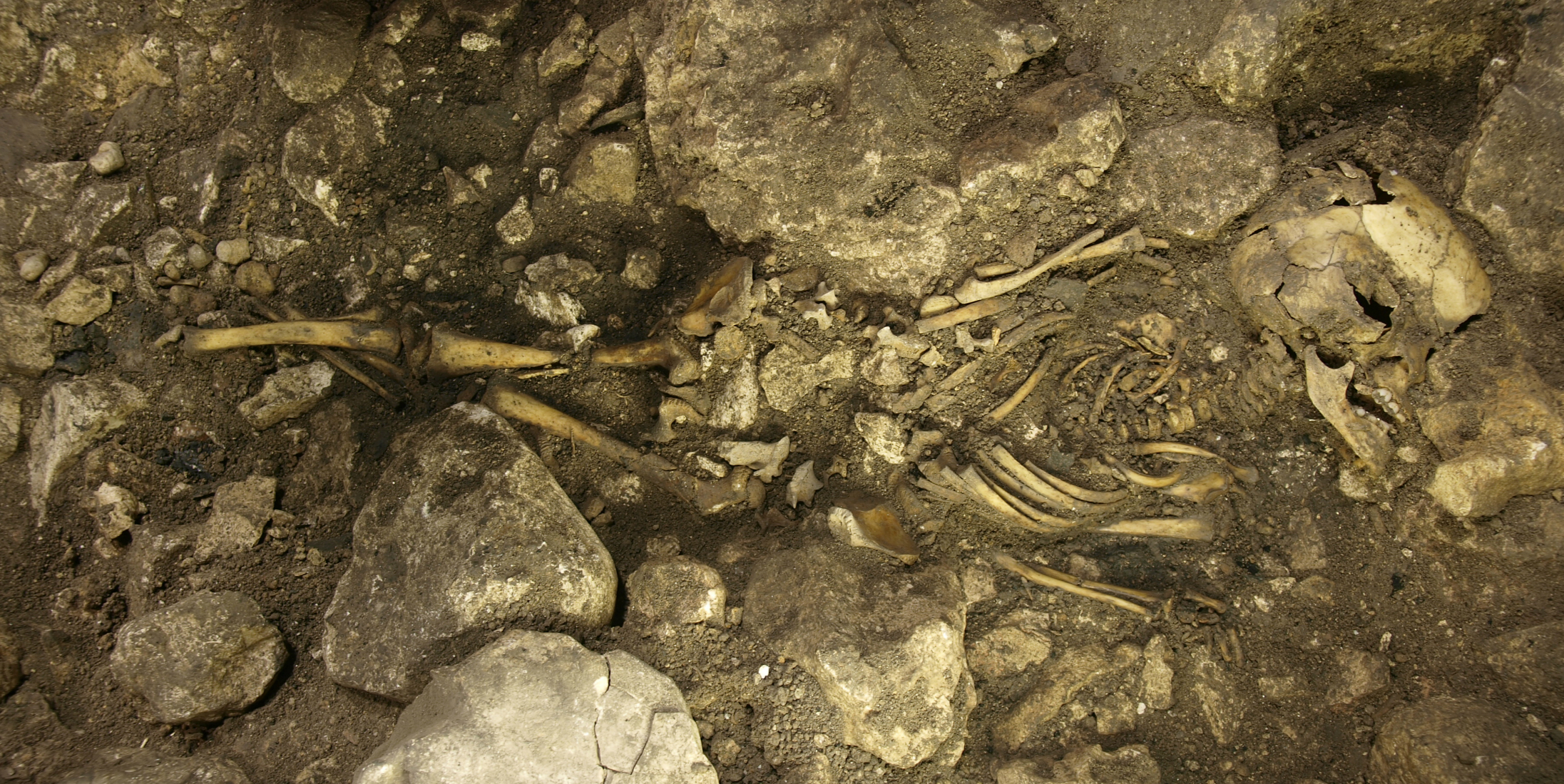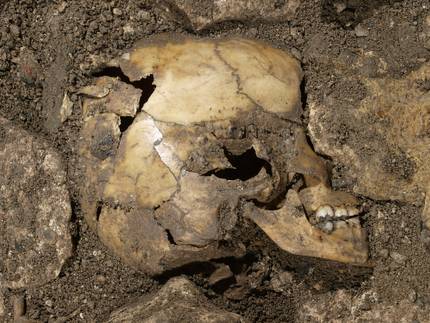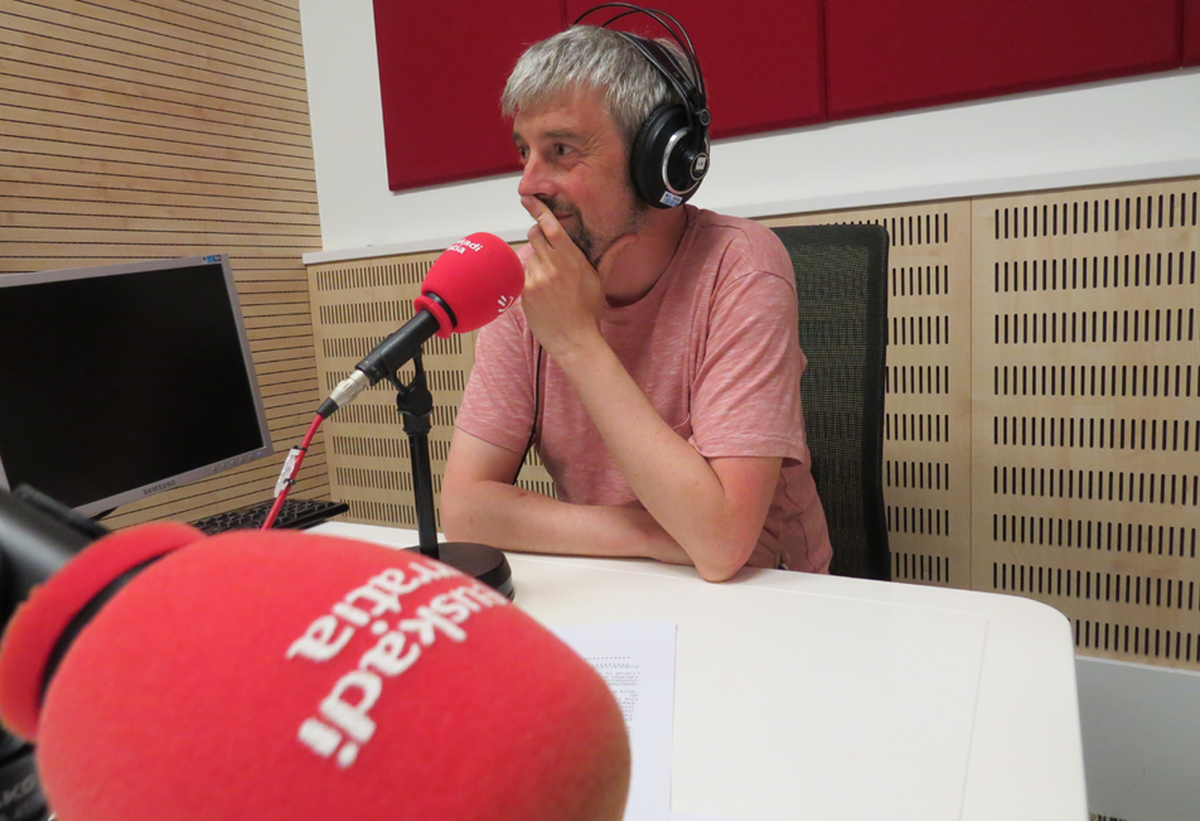The origin of the Basques, related to the first farmers of the Iberian Peninsula
2015/09/07 Galarraga Aiestaran, Ana - Elhuyar Zientzia Iturria: Elhuyar aldizkaria

Early studies with the old DNA suggested that the first European farmers reached the continents by the east, replacing the hunter-gatherer populations of the place. Later studies have denied this hypothesis. Apparently the two groups were wrong and their successors are the Europeans of today.
However, most of these studies have been conducted in northern and central Europe, so they had very little information about what happened in southern Europe and specifically on the Iberian peninsula. Now, in collaboration with the University of Uppsala, researchers from the University of Burgos and the ISCIII-UCM center have focused on the population of the cave of El Portalón de Atapuerca, obtaining significant data.
The results have been published in the journal PNAS. Eneko Iriarte Aviles has been one of the research participants. He is a researcher at the University of Burgos and stresses that so far there have been very few research with ancient DNA: “So far there was no technology to separate DNA from DNA fossils from us and other living beings in our environment. It’s a very new technology and we’ve been pioneers in using it.”
Through this technology, the humans of El Portalón have been studied. And they discover that the first farmers of the Iberian peninsula came to Atapuerca from the Middle East along the Mediterranean coast. In Atapuerca they mixed with the local hunter-gatherers and have seen that this mixture was progressive: “In the genome of the oldest fossils of El Portalón, 5,500 years ago, the footprint of local hunter-gatherers is not much appreciated, while 3,500 years ago its footprint is much more evident,” explains Iriarte.
The roots of the Basques
In addition, they have compared their genome to the genome of current populations. And they realize that the Basques are the group with the most genetic kinship with them. According to Iriarte, being the only Basque in the group, he created an “authentic emotion”: “It was known that the Basques are genetically different from other European populations. And now we have seen why: while other groups have mingled with the rest of the groups that have come from outside, our ancestors barely mingled. Somehow, they have lived in a millenary isolation.”
In this sense, the director of the UCM-ISCIII, Juan Luis Arsuaga, stressed that this distorts that the Basques are direct heirs of the populations of the Palaeolithic, although some have considered it.
On the other hand, the Sardines have also demonstrated their genetic kinship with the population of El Portalón. This confirms that the first peasants came from Meditarreno. And, comparing ancient Basque with paleosardino, researchers have also drawn other conclusions. Apparently, there are similarities between both languages. “Considering this, and knowing that these peasants not only passed on genes, but also technology and culture, it is not a nonsense to think that they also passed on their language,” said Iriarte. That is, it is possible that the roots of Basque are in the language of those peasants who came from the Middle East.
Although they have also suggested this in the article published in the DAP, Iriarte warns that this is a hypothesis: “It’s a logical conclusion, but linguists will have to prove if it’s correct.”

Gai honi buruzko eduki gehiago
Elhuyarrek garatutako teknologia






